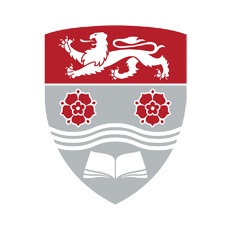fees waived
Linguistics, BA (Hons)
Lancaster University, United Kingdom
Ranking in UK
Linguistics
Linguistics
Linguistics
Costs
food & rent S$17.1k / year
Entry requirements
Scholarships
Limited quantity
Limited quantity
Limited quantity
Information
Code
Intakes
Website (External)
Programmes
Information
Duration
2029
Language lies at the core of human behavior, societies, and creativity, making linguistics essential for understanding humanity. This field explores key questions such as the origins and structure of language, its representation in the mind and its ties to culture, variations across languages and their influence on experiences, language acquisition and impairments, and the use of technology to analyze language patterns. Students can also examine language in diverse contexts like business, law, politics, health, and literature, as well as in technologies such as speech systems. The discipline develops transferable skills in critical thinking, data analysis, and innovation, alongside specialized abilities in linguistic analysis and programming, opening doors to rewarding careers.Lancaster University boasts one of the UK's largest and globally top-ranked linguistics departments (10th in QS World Rankings). Students can delve into core theories like phonetics and pragmatics, as well as applied areas including sociolinguistics and computational linguistics. Guided by world-leading experts in fields like corpus and cognitive linguistics, learners access state-of-the-art facilities, including phonetics and EEG labs, for hands-on research. Opportunities for global experiences through placements and study abroad, combined with a supportive environment featuring personal academic advising, enhance personal and professional growth.
A local representative of Lancaster University in Singapore is available online to assist you with enquiries about this course.

